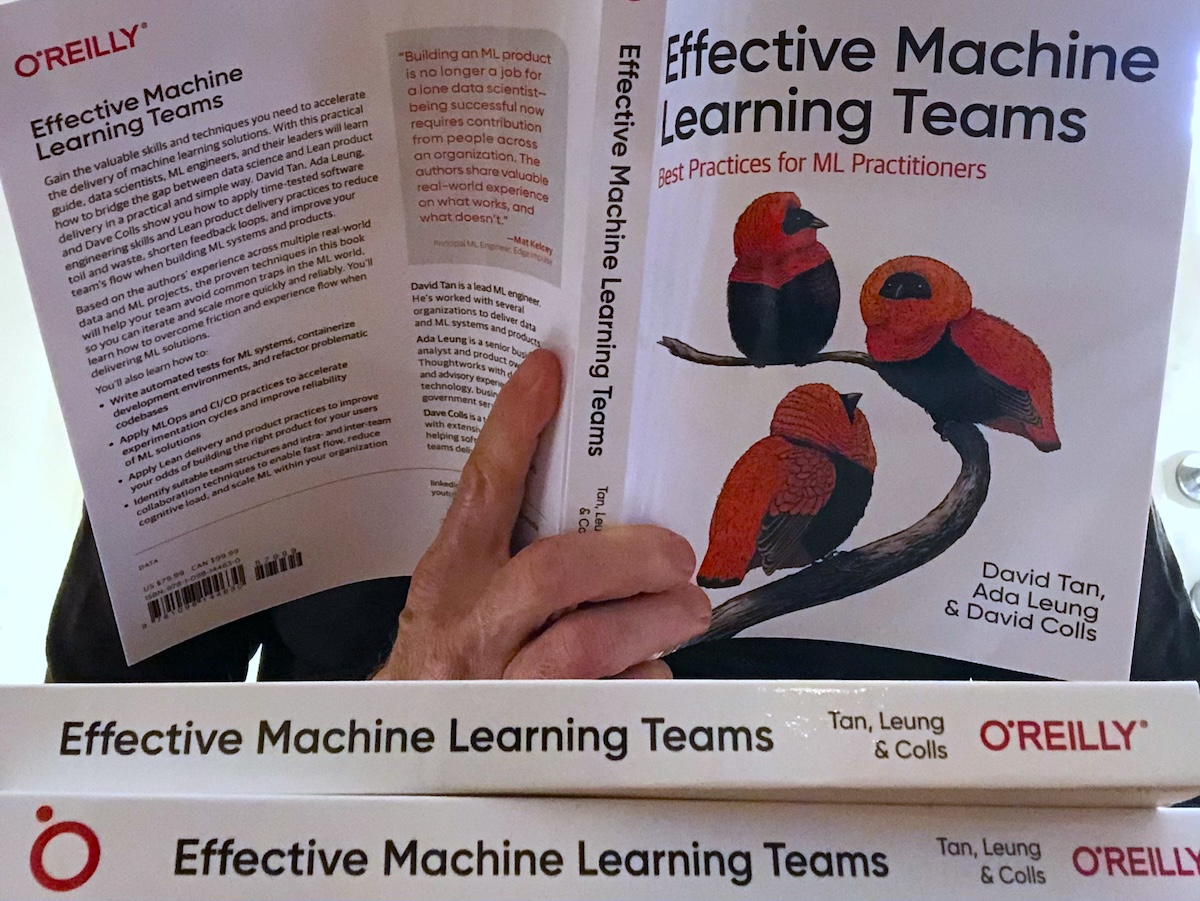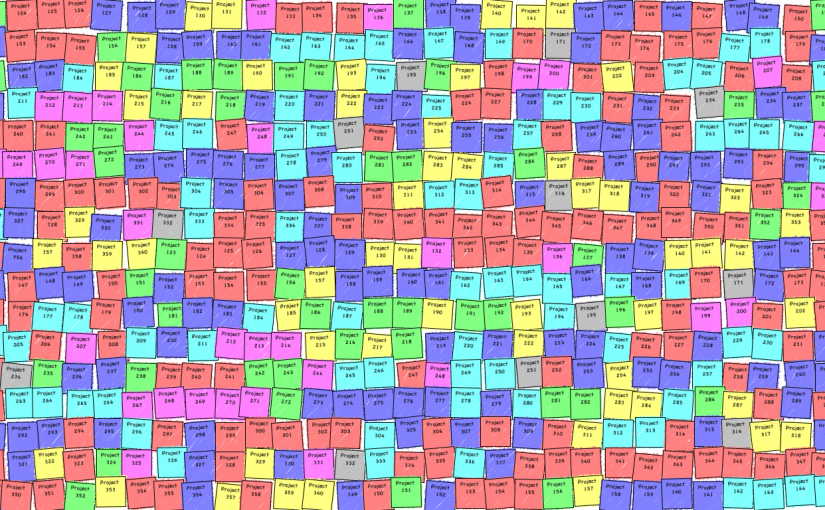Category: Project Disposal
-

What to expect when you weren’t expecting an R&D project
This was supposed to be a regular digital project that consistently made progress towards the objective… right? Problem statement, some analysis, build a solution bit by bit, deploy, …, nice linear progression… but no… we were wrong! It turned out to be an R&D project. Often R&D projects change direction and sometimes seem to go…
-

Dealing with data inventory
Data held by businesses is often described as an asset. This can be misleading or even incorrect. In any case, data managed inappropriately leaves value on the table, inflates cost, reduces responsiveness, and creates risk. Some data held by businesses would better be described as inventory. It might one day be a true asset, but…
-

R&D burn up
This article captures the key points of a conversation I have quite often with teams involved in exploratory work, and their stakeholders. Typical burn up We’re used to burn up charts looking like the examples in this description from Atlassian – a roughly horizontal scope line which we work towards with a roughly diagonal completed…
-

Effective Machine Learning Teams in print
My book Effective Machine Learning Teams is now in print! Building ML solutions requires multi-disciplinary collaboration. EMLT shows how to use design practices to identify the right products, how to apply good data science and software engineering practices to build products right, and how to structure ML teams and organisations so that they are right…
-

Continuous Intelligence at Thoughtworks Live
Mat Kelcey and I wrote on this talk together. Mat presented at the Sydney event (slides) and I presented at the Melbourne Event (different but same slides). We also had the pleasure of presenting alongside international guests Arif Wider and Sean Gustafson who shared their excellent DataDevOps manifesto (there’s a video from NDC too). I’d…
-

The life-changing magic of tidying your work
Surprise! Managing work in a large organisation is a lot like keeping your belongings in check at home. Get it wrong at home and you have mess and clutter. Get it wrong in the organisation and you have excessive work in progress (WIP), retarding responsiveness, pulverising productivity, and eroding engagement. Reading Marie Kondo’s The Life-Changing…
-

Arguments with Agency
Here are slides from my talk at LASTconf 2015. The title is “Bring Your A-Game to Arguments for Change”. The premise is that there are different types of arguments, more or less suited to various organisational and delivery scenarios, and the best ones have their own agency. In these respects, you can think of them like…
-

Dumbbell Delivery; Antifragile Software
Not online fitness shopping. Not the brogrammer pumping iron. This is a brief discussion of Antifragile – the latest book by Nassim Nicholas Taleb – and relevant insights for software delivery or other complex work. This isn’t meant to be an exhaustive exploration of the topics. It’s more a join-the-dots exercise, and it’s left up to the…
-

Playing Games is Serious Business
Simple game scenarios can produce the same outcomes as complex and large-scale business scenarios. Serious business games can therefore reduce risk and improve outcomes when launching and optimising services. Gamification also improves alignment and engagement across organisational functions. This is a presentation on using games to understand and improve organisational design and service delivery, which…
-

Iterative vs Incremental Flashcard
Sometimes, the difference between incremental and iterative (software) product development is subtle. Often it is crucial to unlocking early value or quickly eliminating risk – an iterative approach will do this for you, while incremental will not. Let’s review the distinction. Incremental means building something piece by piece, like creating a picture by finishing a jigsaw…